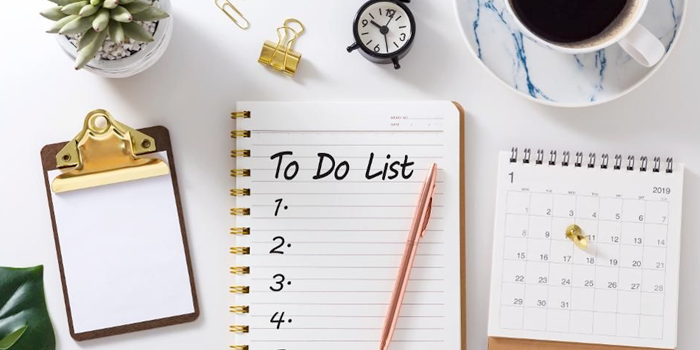No products in the cart.
Uncategorized
6 Most Common Responsibilities of Caregivers
The roles and responsibilities of a caregiver vary depending on a number of factors, such as the relationship that they have with the person in their care, the level of support that is needed, and whether or not the person has other carers.
Family caregivers will typically provide in-home care and help with non-medical issues. If they are the primary caregiver, it’s not uncommon for a relative to live with the person in their care due to the number of tasks they have to carry out, and the regularity of these tasks.
The amount of responsibility that a caregiver takes on is huge. This can be quite daunting for the carer, and it can impact their work, social and family life, particularly as the role tends to get more demanding as time goes on and the patient ages and their condition worsens. The following are some of the most common tasks that a caregiver carries out. If you are caring for someone else, it can be useful to take note of these tasks to remind yourself of all that you do for the person in your care and how good a job you are doing.
1. Personal Care Assistance
This is one of the most important responsibilities that most caregivers take on. Personal care refers to bathing, grooming, dressing, and toileting. Older people will typically have difficulty with mobility, which will affect their ability to get to the toilet, as well as to clean themselves afterwards. As such, the carer will typically have to assist in this area.
2. Assistance with Mobility
As mentioned above, older adults may experience difficulty with mobility, but they still want and need, to get around. They also need to meet people, either their old friends or new friends they may have made more recently. They want to get out and see what is happening in the world, and it’s important that they do so. As their caregiver, this is something that you can help them with, and they will likely be extremely grateful for it. You may have to assist them in and out of a vehicle, or, if they are completely immobile, you may have to help them to get in their wheelchair so that you can take them out. You can involve them by asking them where they would like to go. When you are chatting together, make a list of places to visit.
3. Home Organisation & Cleaning
The person in your care probably won’t have the same strength that they once had. As such, tasks that don’t seem too strenuous, such as cleaning their home or organising their things, may be too difficult for them. This means that ensuring the home is clean and organised is one of the things that you’ll likely have to take responsibility for. Often though, they may still like to help with some tasks. Ask them what they would like to do and encourage them to do it. You may need to do it again, but helping with the chores can make them feel useful. If there are too many tasks to do yourself or you don’t have enough time, hiring a cleaner is a great way to stay on top of household tasks.
4. Preparing Food
Preparing food is another vital thing that you will do for the person in your care. It’s important to remember that preparing food means more than cooking. You will typically have to prepare a list of food items and go shopping for them, then arrange them in their place in the home. When it comes to mealtimes, as a caregiver, you will generally have to prepare and dish the meal, as well as cleaning up the kitchen and dishes afterwards. Encourage the person you are caring for not only to help with simple tasks but also to have input into the food that is going to be eaten. Depending on the level of care that is required, the carer may also have to help feed the person in their care.
5. Health Care
Health is a concern for many as we start to age. As our bodies and minds start to naturally decline, maintaining our health becomes a top priority. The person in your care will likely rely on you for many things concerning their health, such as picking up prescriptions and remembering when their medical appointments are. It may also be necessary to monitor their drug intake to ensure they are taking the right medication at the right time. This provides you with an opportunity to look at ways that can provide a healthy diet, exercise and social stimulation.
6. Emotional Support
Being a caregiver involves more than simply doing routine tasks and chores. As a carer, you will often become a reliable and trusted companion of the person in your care. They will be grateful to have someone they can talk to and laugh with, as well as someone to share their thoughts and feelings with. While your list of daily tasks may seem overwhelming, ensuring you take just 5 minutes to have a conversation with the person you are caring for can really make a difference to them and improve their overall mood.
Caring is a difficult but important role. If you are caring for an older person, it’s important to remember that you’re not in it alone. A quick Internet search can show you places to go for help, advice and support. Attending a Brain Sparks workshop can also help you with some of the responsibilities that you take on.


